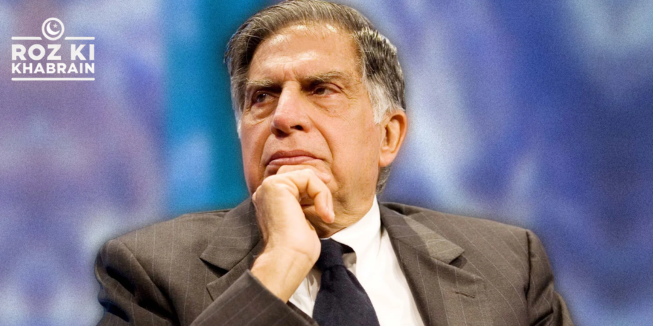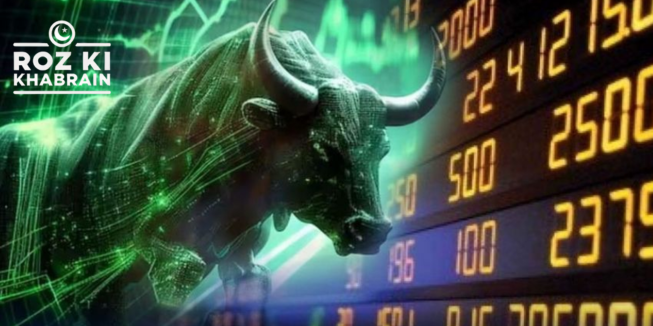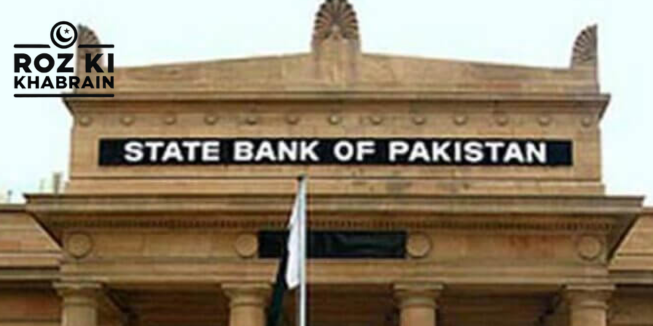A few years ago, a slightly stooped, greying man walked into the Sea Lounge, the iconic café at Mumbai’s Taj Hotels, and requested a table for two. The café was buzzing with patrons enjoying the view of the sun setting over the Arabian Sea.
With no tables available, the young hostess asked for his name to add him to the waitlist. “Ratan Tata,” he replied quietly before disappearing into the hotel’s corridors. Little did the hostess realize, she had just taken the name of the Tata Group’s Chairman Emeritus, whose company also owned the very hotel.
Ratan Tata, who passed away in Mumbai on Wednesday, was remembered as much for his humility as for his visionary leadership, which transformed the Tata Group into a global conglomerate with over $128 billion in revenue by 2022. Under his leadership, the group acquired iconic brands like Jaguar Land Rover and Tetley Tea, and expanded its footprint across the globe.
At 86, Tata was mourned by many as one of India’s most beloved figures, credited with elevating Indian businesses on the global stage during the country’s post-liberalization era.
Prime Minister Narendra Modi expressed his condolences, calling Tata “a visionary business leader, a compassionate soul, and an extraordinary human being” in a tweet soon after his passing in a Mumbai hospital.
Tata took over the reins of the Tata Group in 1991, just as India was emerging from its socialist-era policies. He set out to modernize and globalize the group, steering it through regulatory challenges and navigating complex political landscapes. Despite the difficulties, he succeeded in consolidating the group’s holdings, strengthening Tata Sons’ control over its companies, and leading the organization to significant global acquisitions.
Former Tata Motors CEO, Ravi Kant, reflected on Tata’s legacy, noting his ability to “think big and bold.” Kant praised his visionary thinking, recalling how Tata saw opportunities where others couldn’t and turned them into reality.
While Tata was known for his ambitious corporate moves, such as the acquisition of British brands like Jaguar Land Rover and Tetley, he was also committed to charitable work through Tata Trusts, which he focused on in his later years. Among his efforts were initiatives in healthcare and sustainable development, with a particular passion for building cancer hospitals and supporting research.
Despite his towering achievements, Ratan Tata lived a simple, frugal life. He never married, had no children, and had a well-known love for dogs. His personal humility, paired with his extraordinary corporate vision, made him a beloved figure, especially among India’s younger generation.
Just days before his death, as rumors about his health circulated, Tata, ever modest, reassured the public with a tweet, saying he was only undergoing routine medical checkups and thanking everyone for their concern.




